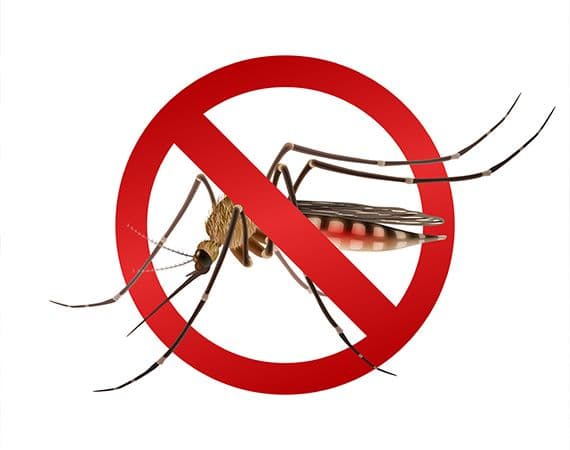
Chikungunya
What is Chikungunya?
Chikungunya fever is a viral illness transmitted by mosquitoes, primarily the Aedes aegypti and Aedes albopictus species. The name "chikungunya" originates from a term meaning "bent over" or "stooped walk," reflecting the intense joint and muscle pain it often causes. This virus spreads when an infected mosquito bites a person but does not transmit directly between people through bodily contact or saliva. However, blood transmission may be possible in rare cases.
Symptoms typically appear within 2 to 7 days after being bitten by an infected mosquito. Common signs include sudden high fever, severe joint and muscle pain, headache, fatigue, rash, nausea, and red eyes. While most individuals recover fully within a week or two, some may experience lingering joint and muscle pain that can persist for months or even years after the initial infection.
Chikungunya is rarely life-threatening but can significantly affect the quality of life due to prolonged discomfort. Currently, there is no specific antiviral treatment for the virus. Management involves relieving symptoms through rest, hydration, and medications like pain relievers and fever reducers. Preventive measures such as avoiding mosquito bites and controlling mosquito populations are essential to reducing the spread of chikungunya.
How does Chikungunya spread?
Chikungunya virus spreads primarily through the bite of an infected mosquito, not through direct human contact or bodily fluids. If bitten by a mosquito carrying the virus, a person can become infected. Still, they cannot transmit the virus directly to others through casual contact, making it non-contagious between individuals.
However, rare cases of transmission have been reported among healthcare workers handling the blood of infected patients. This suggests that while bloodborne transmission is possible, it remains uncommon. Preventive measures, such as using protective equipment when dealing with infected blood, can help minimize this risk.
What are the symptoms of chikungunya?
Chikungunya symptoms typically appear three to seven days after being bitten by an infected mosquito, though they can develop as early as two days or up to 12 days later. The severity of symptoms can vary, with some people experiencing mild discomfort while others suffer from intense joint pain and high fever.
The most common symptoms include:
- Sudden fever
- Severe joint pain, which can be debilitating
- Headache
- Muscle pain
- Joint swelling
- Rash
- Fatigue
- Nausea
Symptoms generally last around one week, and most people recover completely. However, some individuals may continue to experience chronic joint pain for weeks or even months after the initial infection.
What are the complications of Chikungunya?
Complications of chikungunya are rare but can occur, particularly in vulnerable groups such as newborns, older adults, and those with weakened immune systems or chronic health conditions. Potential complications include:
- Chronic Joint Pain: Some individuals may experience persistent joint pain and stiffness for months or even years after recovery, similar to arthritis.
- Neurological Issues: Rare cases can involve complications like encephalitis (brain inflammation), meningitis, or Guillain-Barré syndrome.
- Eye Problems: Conditions such as uveitis (eye inflammation) and retinitis (retina inflammation) can occur.
- Heart Complications: Myocarditis (heart muscle inflammation) is a rare but possible issue.
- Skin Issues: Persistent rashes or skin lesions may occur in some cases.
- Liver and Kidney Damage: Though rare, chikungunya can affect organ function, especially in those with pre-existing health issues.
- Increased Risk During Pregnancy: Pregnant women infected with chikungunya, particularly in the later stages, may risk transmitting the virus to the newborn, leading to neonatal complications.
Severe complications are uncommon, and most people recover fully with proper rest and supportive care.
When to see a doctor
Consult our healthcare providers at Apex Hospitals if you suspect you or a family member may have chikungunya, especially if you have recently travelled to an area experiencing an outbreak. Our provider may recommend blood tests to diagnose chikungunya or rule out similar illnesses. If diagnosed, take precautions to avoid new mosquito bites to prevent further virus spread.
FAQS
Health In A Snap, Just One App.
KNOW MORE
